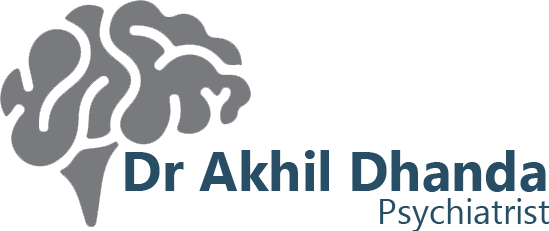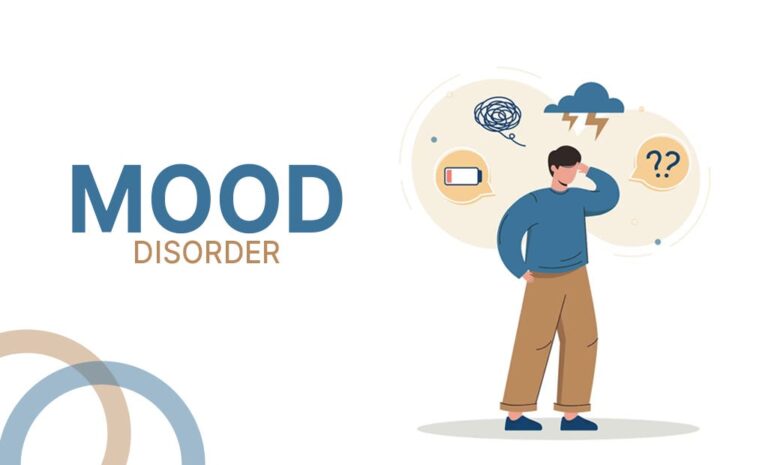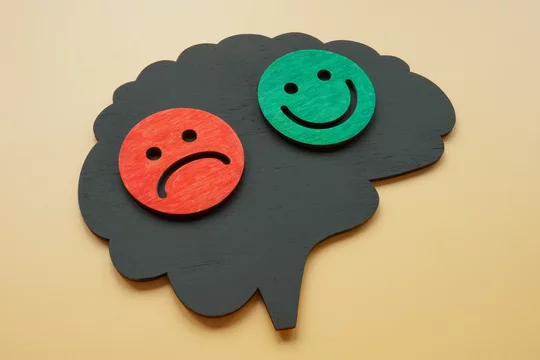Medications For Mood Disorders: What You Need To Know
Mood disorders encompass a broad range of conditions characterized by significant changes in mood, including depression, bipolar disorder, and related conditions. While psychotherapy and lifestyle changes play crucial roles in managing these disorders, medications often form an essential part of treatment for many individuals. Understanding the medications available, how they work, their potential side effects and other considerations is vital for individuals with mood disorders and their caregivers. In this article, we’ll explore the various medications used to treat mood disorders, offering insights into their mechanisms, effectiveness, and considerations for use.
https://www.youtube.com/@akhildhanda8867
Types of Medications
1. Antidepressants
Antidepressants are commonly prescribed for depression and certain anxiety disorders. They work by altering the levels of neurotransmitters in the brain, such as serotonin, norepinephrine, and dopamine. There are several classes of antidepressants, including:
- SSRIs, or selective serotonin reuptake inhibitors, include escitalopram (Lexapro), sertraline (Zoloft), and fluoxetine (Prozac).
- Serotonin-norepinephrine reuptake inhibitors (SNRIs), such as venlafaxine (Effexor) and duloxetine (Cymbalta).
- Tricyclic antidepressants (TCAs), such as amitriptyline and nortriptyline.
- MAOIs, or monoamine oxidase inhibitors, include tranylcypromine (Parnate) and phenelzine (Nardil).
Each class has its unique mechanism of action and potential side effects, so finding the right antidepressant often involves some trial and error.
2. Mood Stabilizers
Mood stabilizers are primarily used to manage bipolar disorder, helping to prevent episodes of mania or depression. Lithium is one of the most well-known mood stabilizers, but other medications such as valproate (Depakote) and lamotrigine (Lamictal) are also commonly prescribed. These medications help regulate mood by affecting neurotransmitter activity and stabilizing electrical activity in the brain.
3. Antipsychotics
While antipsychotics are primarily used to treat psychotic disorders such as schizophrenia, they are also sometimes prescribed for mood disorders. Atypical antipsychotics like olanzapine (Zyprexa), quetiapine (Seroquel), and risperidone (Risperdal) may be used to augment the effects of antidepressants or mood stabilizers in certain cases, especially when psychotic symptoms are present or when other treatments have been ineffective.
4. Benzodiazepines
Benzodiazepines are sedatives that are sometimes used to manage symptoms of anxiety and insomnia in mood disorders. While they can provide short-term relief, they are generally not recommended for long-term use due to the risk of dependence and other adverse effects.
Effectiveness and Considerations
While medications can be highly effective in managing mood disorders for many individuals, they may not work for everyone, and their effects can vary widely from person to person. It’s essential to work closely with a healthcare provider to find the right medication and dosage that works best for each individual. Additionally, it’s crucial to:
- Give it Time: Antidepressants and mood stabilizers often take several weeks to start working fully. It’s essential to be patient and give the medication enough time to take effect before deciding whether it’s working or not.
- Monitor Side Effects: All medications have the potential for side effects, some of which can be serious. It’s essential to be aware of potential side effects and report any unusual symptoms to a healthcare provider promptly.
- Stick to the Treatment Plan: Consistency is key when it comes to medication for mood disorders. Skipping doses or stopping medication abruptly can lead to worsening symptoms or withdrawal effects.
- Be Open About Concerns: If a medication isn’t working or is causing intolerable side effects, it’s essential to communicate openly with a healthcare provider. They can help adjust the treatment plan or explore alternative options.
Conclusion
Medications play a crucial role in the treatment of mood disorders, helping to alleviate symptoms and improve the quality of life for many individuals. However, finding the right medication and dosage often requires careful consideration and monitoring. It’s essential for individuals with mood disorders and their caregivers to educate themselves about the medications available, their potential benefits and risks, and other treatment options. By working closely with healthcare providers and staying informed, individuals can find the most effective treatment plan to manage their mood disorder effectively.
For any further queries, Plz visit psychiatristdrakhildhanda.com or you can check our social media accounts, Facebook, Instagram







